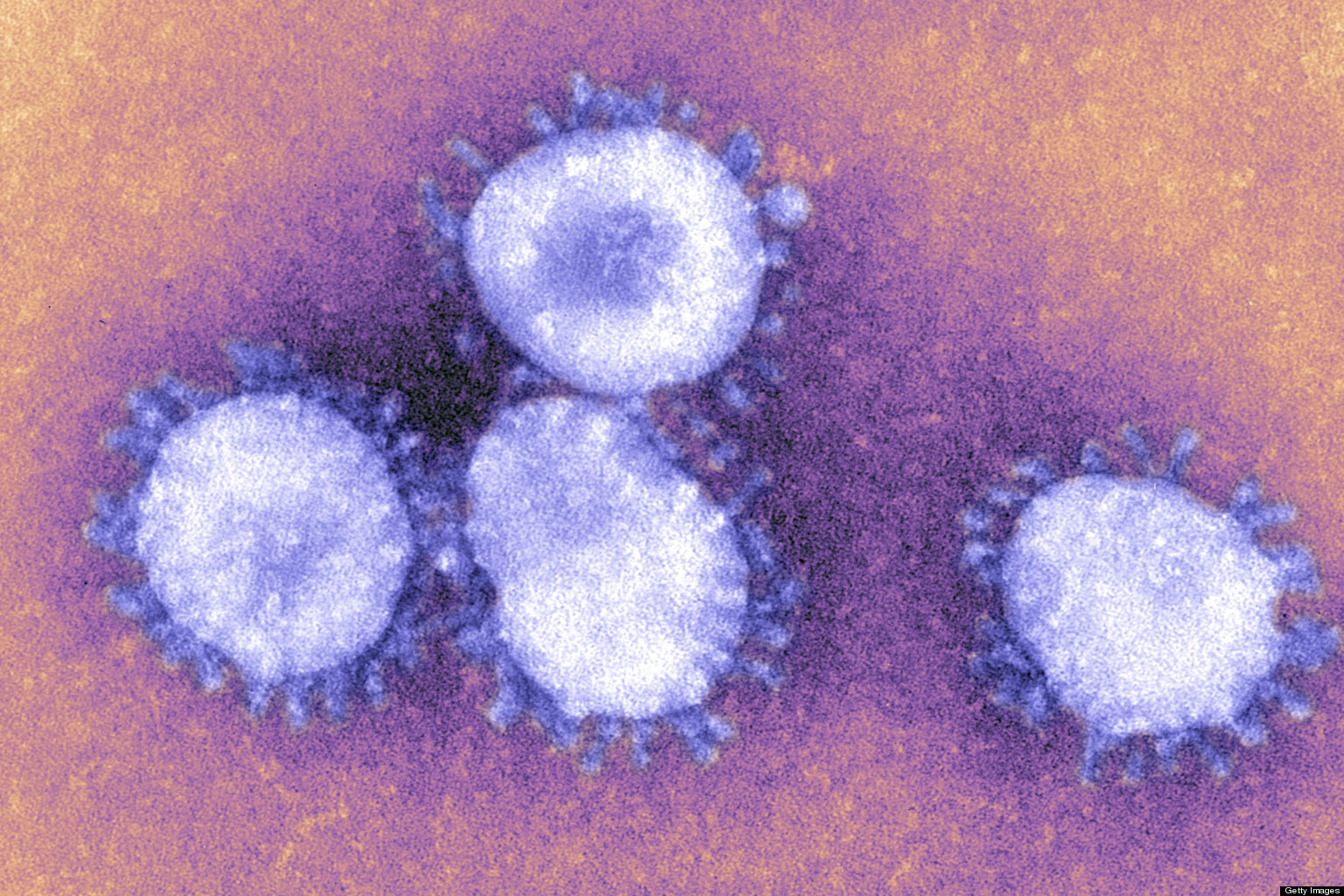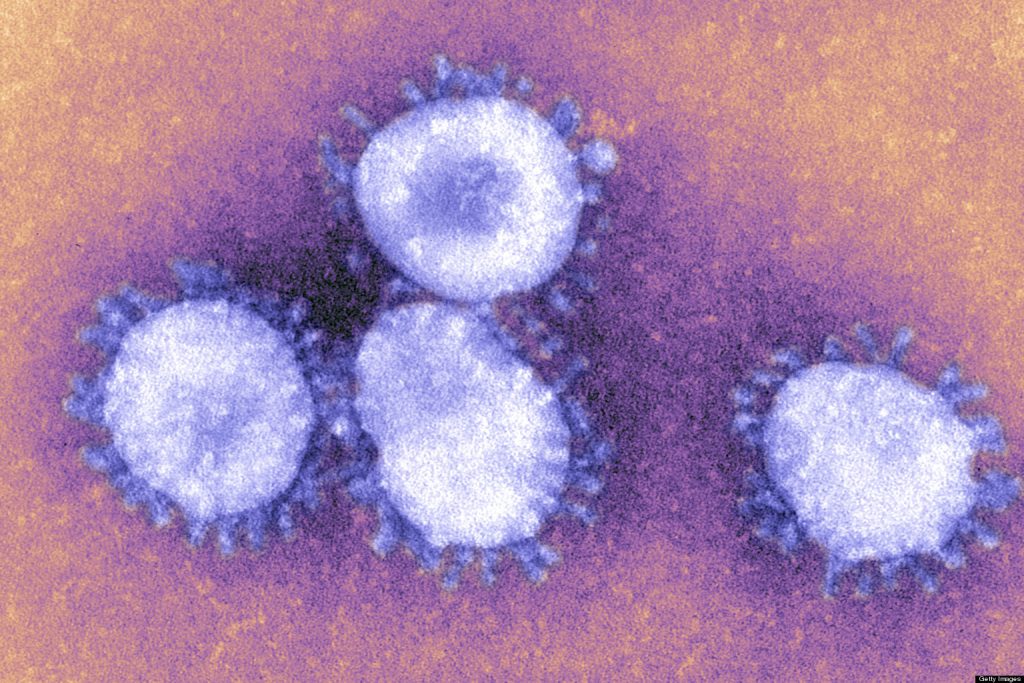
So the Middle East has finally made a contribution to modern medicine and this time it’s a disease. The Middle East Respiratory Syndrome (MERS) is the name given to the deadly virus that was first reported last year in Saudi Arabia and is responsible for the death of 58 people worldwide to date.
MERS is a viral respiratory illness transmitted by a newly discovered strain of coronavirus, characterized by severe respiratory distress, cough, fever, shortness of breath and in some cases kidney shutdown that has caused the death of nearly half of the infected. It was given the name last May as the cases were all discovered in the Arabian peninsula.
Last Friday, the Saudi authorities have reported six new cases raising the total infected since September last year to 136. International health concerns have been issued with the approach of this year’s Hajj season, since the disease is transmittable by close contact with an infected person. The Saudi health authorities have however declared their optimism and confidence in their plan to manage an outbreak if it ever occurs.
MERS has been considered a close relative to the infamous SARS (Severe Acute Respiratory Syndrome) virus that spread across Asia nearly a decade ago. They both may have jumped from animals to humans, have flu-like symptoms and are deadly in extremes of age. However, MERS is less contagious, so it’s less likely to cause a pandemic or become a global threat, but still it is deadly with its effect on the kidney functions.
Public health officials worldwide are doing their best to study the disease, isolate the virus and develop a vaccine. They only issued a warning for the severely ill, people accompanied by infants and the extremely old to avoid this year’s Hajj altogether if possible.
But still, prevention is the best option. Always stay hydrated, maintain a healthy diet with fruits and vegetables to boost your immunity and your first defenses against a viral infection, no matter their kind. Avoid overcrowded closed spaces with minimal ventilation. Avoid close contact with a flu patient. Seek medical attention if you got the flu accompanied with constant fever that does not subside.
Stay safe everybody!



